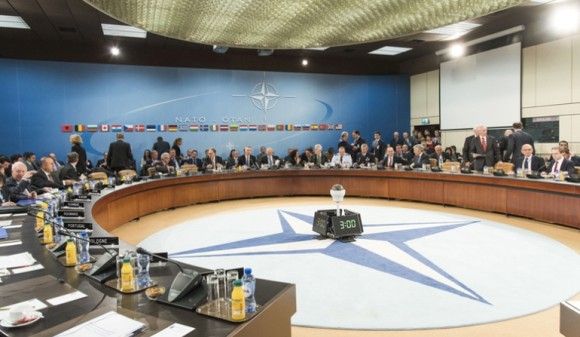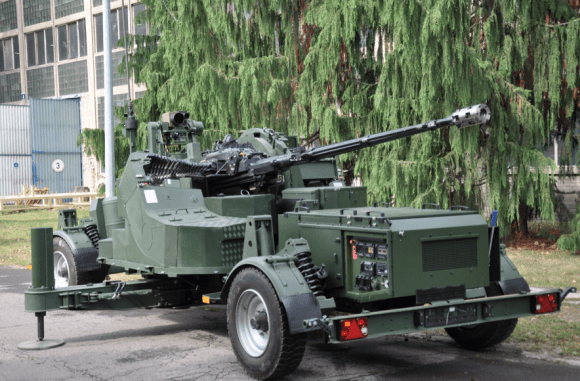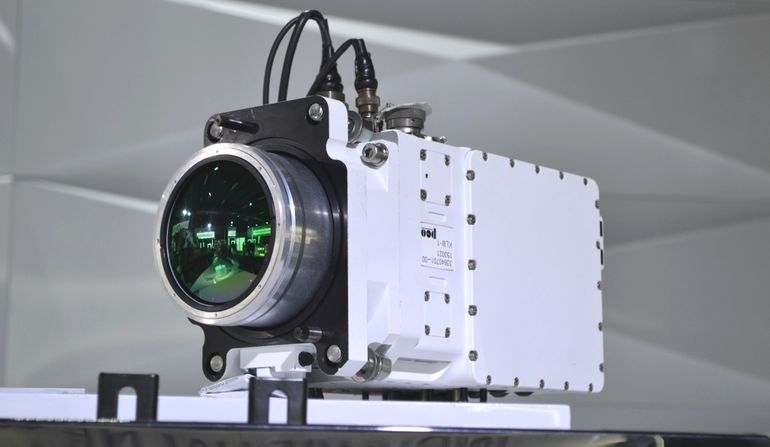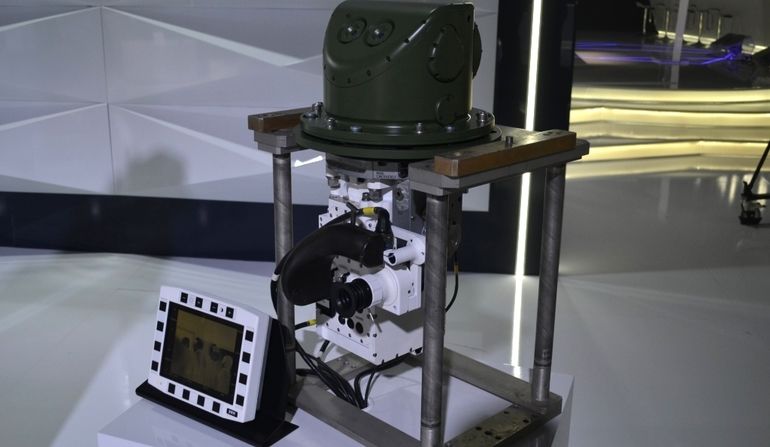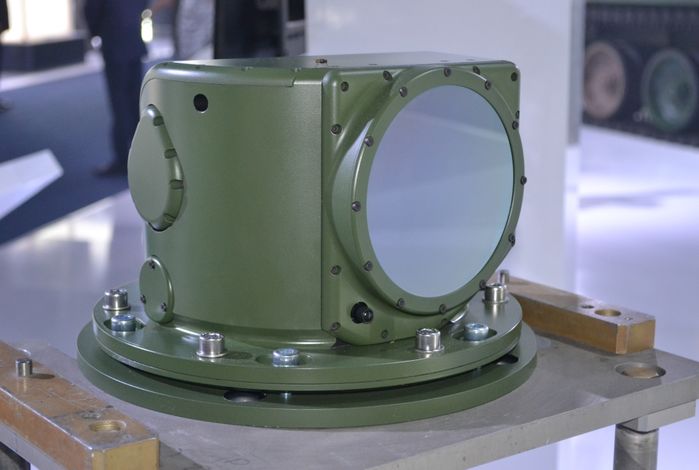Industry
MSPO 2015: “Asteria” Thermal Vision Camera - Modernization Of The Rosomak IFV.
The KLW-1 “Asteria” camera, presented by PCO S.A. during this year’s MSPO salon, is a device which has a chance of being selected within the tender, the aim of which is to modernize the targeting system used in case of the Rosomak wheeled APC. The cameras have been already applied on the PT-91 Twardy tanks, replacing the older third-party-manufactured I-generation devices.
The tender realized in August by the 2nd Regional Logistics base, the objective of which is to prepare documentation which would make it possible to integrate the Tilde FC camera, utilized in the current fire control system of the Rosomak vehicle, is going to make it possible in the future, to modernize the observation system. The modernization process could include replacement of the thermal imaging camera.
PCO S.A., without any doubts, would be one of the pretenders to win the potential tender. The company will most probably submit an offer regarding the KLW-1 “Asteria” optronic suite which has been developed for the Drawa-T fire control system, used in the modernized tanks and IFV’s.
The thermal vision camera is operating within the 7,7÷9,3 µm wavelength range - the LWIR bandwidth. The camera is fitted with a cooled MCT III-gen detector, with a resolution of 640x512 pixels (pixel size: 15x15 µm). We should recall the fact that the detectors should be cooled, since the quantity of thermal radiation (decisive for the image quality) absorbed by the detector is increased, as the difference between the temperature of the detector and the object goes up. Moreover, noise is reduced, as the operational temperature is decreased.
Thus, cooling systems are used in medium and long range optronic devices (ranges above 3000 meters). When it comes to the KLW-1 “Asteria” devices, the range – in case of the narrow field of view – exceeds 12 000 meters in case of detection, exceeds 5000 meters in case of identification and, finally, exceeds 2 500 meters in case of recognition. When it comes to the wide field of view, the ranges are, respectively, as follows: more than 4600 meters in case of detection, more than 1500 meters in case of identification and more than 750 meters, in case of recognition.
The PCO S.A. developed a lens for the camera, with two fields of view: 3°x 2,25° and 10°x 8°, respectively for the narrow and wide field of view. The device weighs 8 kilograms and has the following dimensions: 179 x 149 x 362 mm. Additionally, the device is capable of changing polarization and orientation of the image, regulating the contrast and brightness, extracting the details, introducing the aim-points onto the image and of selecting the field of analysis for the systems of automation for the imagery.
KLW-1 “Asteria” suite uses one of the eight models of the PCO S.A. cameras. The difference between the models stems from the cooling systems for the detectors (cooled and non-cooled), their bandwidth (MWIR and LWIR) and resolution (384 x 288 and 640 x 512 pixels).
These cameras also use the PCO S.A.-developed electronic packages, including the complicated processing and filtration algorithms for the thermal vision imaging, along with the lenses with two fields of view with an ability of utilizing manual or auto-focusing systems, featuring aspherical optical elements made out of germanium. Thanks to the above, the cameras produce thermal imaging without any distortion or noise, the image may have increased contrast and clarity, in order to extract the interesting details.
All of the above elements are contained in a special housing which stabilizes the image when the field of view is changed and when the temperature varies. The housing meets the climatic and mechanical requirements for the military products. In case of the KLW-1 “Asteria” cameras, the above means that the devices are capable of functioning within a temperature range between -30°C and 55°C.

